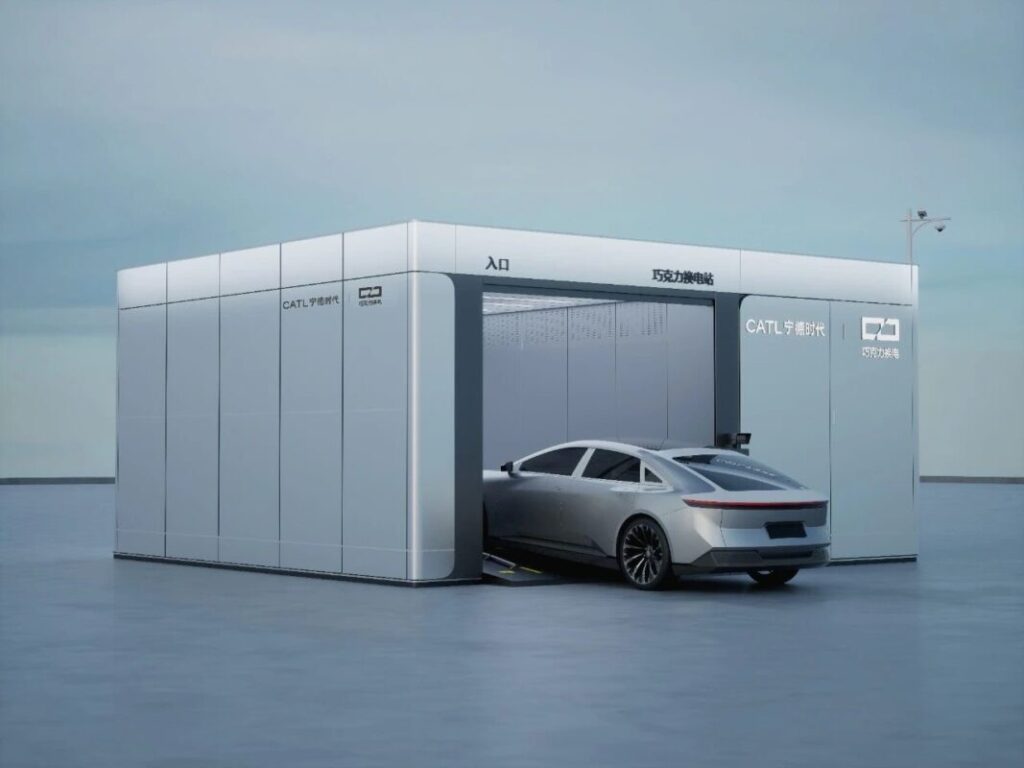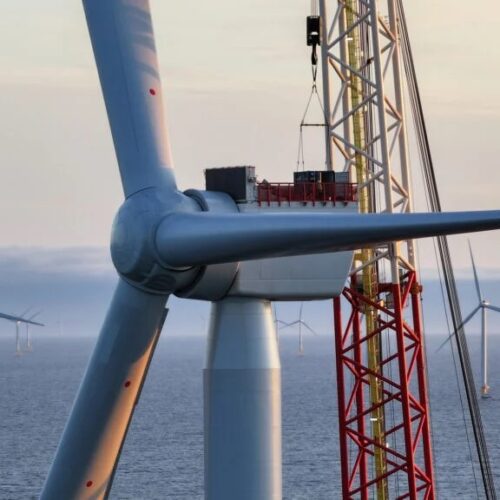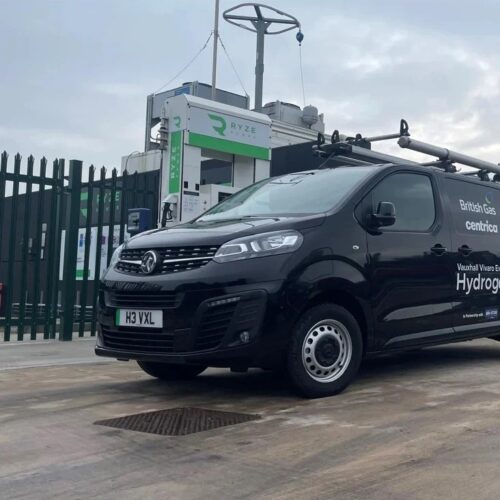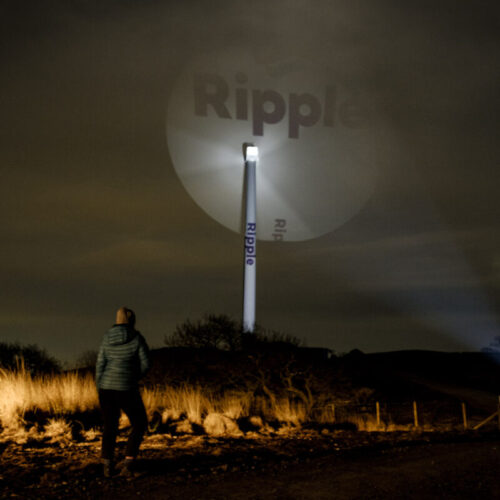China-headquartered lithium-ion battery manufacturer CATL and Chinese EV company NIO have partnered to build the world’s largest battery-swapping service network for passenger vehicles.
Under the agreement, the two companies will also seek opportunities to promote the standardisation of EV technologies. For instance, they will jointly develop and adopt national standards for battery swapping in EVs.
By creating a unified standard for battery swapping, the companies will look to accelerate the adoption and advancement of battery-swapping services. This will allow NIO’s newly developed EV model, the Firefly, to utilise CATL’s Choco-Swap battery swapping points.
CATL launched its Choco-Swap battery-swapping network in December last year, with over 100 partners at the time. By 2025, the company aims to build 1,000 Choco-Swap stations and will expand into Hong Kong and Macau. In its mid-term plan, CATL will build 10,000 stations together with its partners, with plans for 30,000 stations in the long-term.
Alongside this announcement, the group also introduced the #20 and #25 standard battery models.
These two standard battery models offer various capacities depending on their chemical systems. Each model comes with lithium iron phosphate (LFP) and NMC versions with different energy densities to meet user needs.
The #20 LFP battery pack has a capacity of 42kWh and provides a range of 400km. In contrast, the NMC version offers a capacity of 52kWh and a range of 500km. Meanwhile, the #25 LFP battery pack features a capacity of 56kWh along with a range of 500km, whereas the NMC version provides a larger capacity of 70kWh and a range of 600km.
Battery swapping’s potential in the global EV market
Battery swapping allows users to exchange depleted batteries for fully charged ones at designated stations, significantly reducing downtime compared to traditional plug-in charging.
This method also promotes battery standardisation and lifecycle management, which can help lower costs through shared infrastructure and centralised energy storage.
According to MarketsandMarkets, an Indian market research platform, the global battery swapping market is estimated to be US$1.46 billion in 2025 and is projected to reach US$22.72 billion by 2035, at a CAGR of 31.5% from 2025 to 2035.






